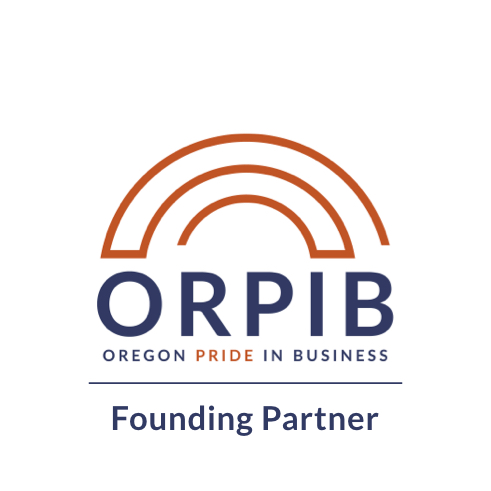Embracing Our Differences: A Gateway to Connection and Strength
Often, we hear the phrase “our differences don’t matter,” which is intended to promote unity. However, this well-meaning sentiment can overlook the importance and value of those differences. Our differences do matter, and they should be the gateway for connection rather than separation.
The Power of Diversity
Diversity enriches our lives by introducing us to new perspectives, experiences, and ways of thinking. It challenges our assumptions and broadens our understanding of the world. According to research by Scott E. Page, a professor at the University of Michigan, diverse groups are more innovative and better at problem-solving than homogenous groups because they bring different viewpoints and approaches to the table (Page, 2007). This diversity of thought can lead to more creative and effective solutions to complex problems.

Overcoming Division and Differences
Unfortunately, many people view differences as a source of division and separation, leading to prejudice, discrimination, and even violence. When we shift our perspective and view differences as opportunities for growth and learning, we can create a more inclusive and accepting society. Studies have shown that intergroup contact can reduce prejudice and increase empathy between different groups (Pettigrew & Tropp, 2006). By actively seeking out and engaging with diverse perspectives, we can break down barriers and foster greater understanding and compassion.
The Importance of Recognizing Differences
Saying “our differences don’t matter” can unintentionally dismiss the unique identities and experiences of individuals. Instead, we should recognize that our differences do matter and are integral to who we are. By acknowledging and embracing our differences, we can gain a deeper understanding of ourselves and others. This understanding allows us to appreciate the unique perspectives and experiences that each person brings to the table. It can lead to greater empathy and compassion, helping us build stronger and more meaningful connections with others.
Building Empathy and Compassion
By acknowledging and embracing our differences, we can gain a deeper understanding of ourselves and others. This understanding allows us to appreciate the unique perspectives and experiences that each person brings to the table. It can lead to greater empathy and compassion, helping us build stronger and more meaningful connections with others. Research has shown that empathy can be a powerful tool for reducing conflict and promoting cooperation (Batson et al., 1997).
Promoting Inclusivity
To create a society that values and celebrates diversity, we must actively work to break down barriers and promote inclusivity. This involves challenging our own biases and assumptions, seeking out diverse perspectives and experiences, and advocating for policies and practices that promote equity and justice for all. Organizations and institutions play a crucial role in this process by implementing inclusive policies and fostering environments where diversity is valued and respected.
Conclusion
Our differences do matter, and they should be acknowledged and celebrated as sources of strength and connection. By embracing our differences and working to build a more inclusive and accepting society, we can create a world that values and respects the unique contributions of every individual. Differences don’t go away, and they shouldn’t. The goal is not to make differences irrelevant but to recognize that they matter and to love and appreciate each other because of them.
References:
- Page, S. E. (2007). The Difference: How the Power of Diversity Creates Better Groups, Firms, Schools, and Societies. Princeton University Press.
- Pettigrew, T. F., & Tropp, L. R. (2006). A meta-analytic test of intergroup contact theory. Journal of Personality and Social Psychology, 90(5), 751-783.
- Batson, C. D., Chang, J., Orr, R., & Rowland, J. (2002). Empathy, attitudes, and action: Can feeling for a member of a stigmatized group motivate one to help the group? Personality and Social Psychology Bulletin, 28(12), 1656-1666.




